I am a typical privileged, lazy Brit. I grew up hating learning languages in school and I always did the bare minimum to get the passing grade. My constant thought during revision for the French GCSE was “When am I EVER going to need this?!”
As it turns out, 10 years after leaving school, I ended up moving to a foreign country! Jokes on me now.
My knowledge of the German language before moving was limited to swear words. Apparently, it’s not good practice to only speak to Germans by swearing at them, so I had to begin learning the language from scratch.
After 4 months of learning, I am now at level A1/A2 Deutsch. There are 6 language levels you can achieve:
- A1 & A2 – beginner/elementary
- B1 & B2 – intermediate/upper intermediate
- C1 & C2 – advanced/proficiency (native level)
I am using a number of different tools to learn German, and below is a shortlist of the best:
Duolingo:
I have seen a number of expat forums dismissing Duolingo as a language learning tool and I simply cannot understand why. It is by far the best app I am using and it is FREE! There are 8 ‘checkpoints’ to reach and judging on the topics, I would say it takes you up to a proficient A2 level. It uses a game-style learning technique which involves matching words, speaking, typing, and lots and lots of repetition. Some of the sentences seem a little silly or strange, but I think that is what makes certain words stick in my head! They have most major languages available to learn as well as Klingon and High Valyrian.
YouTube:
My second most used learning tool. I have found some INCREDIBLE YouTube channels that teach German in a simple, fun and visual way. My favourite channels are Learn German with Anja and Easy German and this is how I have learned to speak most of my full sentences and phrases so far. I have also started to follow some English speaking expats who have created new lives in Germany which is always super interesting.
Coffee Break German Podcast:
A brilliant language learning podcast that jumps straight into how to speak German. It provides the building blocks to go straight into real-life conversations with Germans. What I find particularly helpful is that there are 2 hosts – 1 native German speaker and 1 British host who repeats the phrases so you get an idea of how they sound like from the mouth of a foreigner.
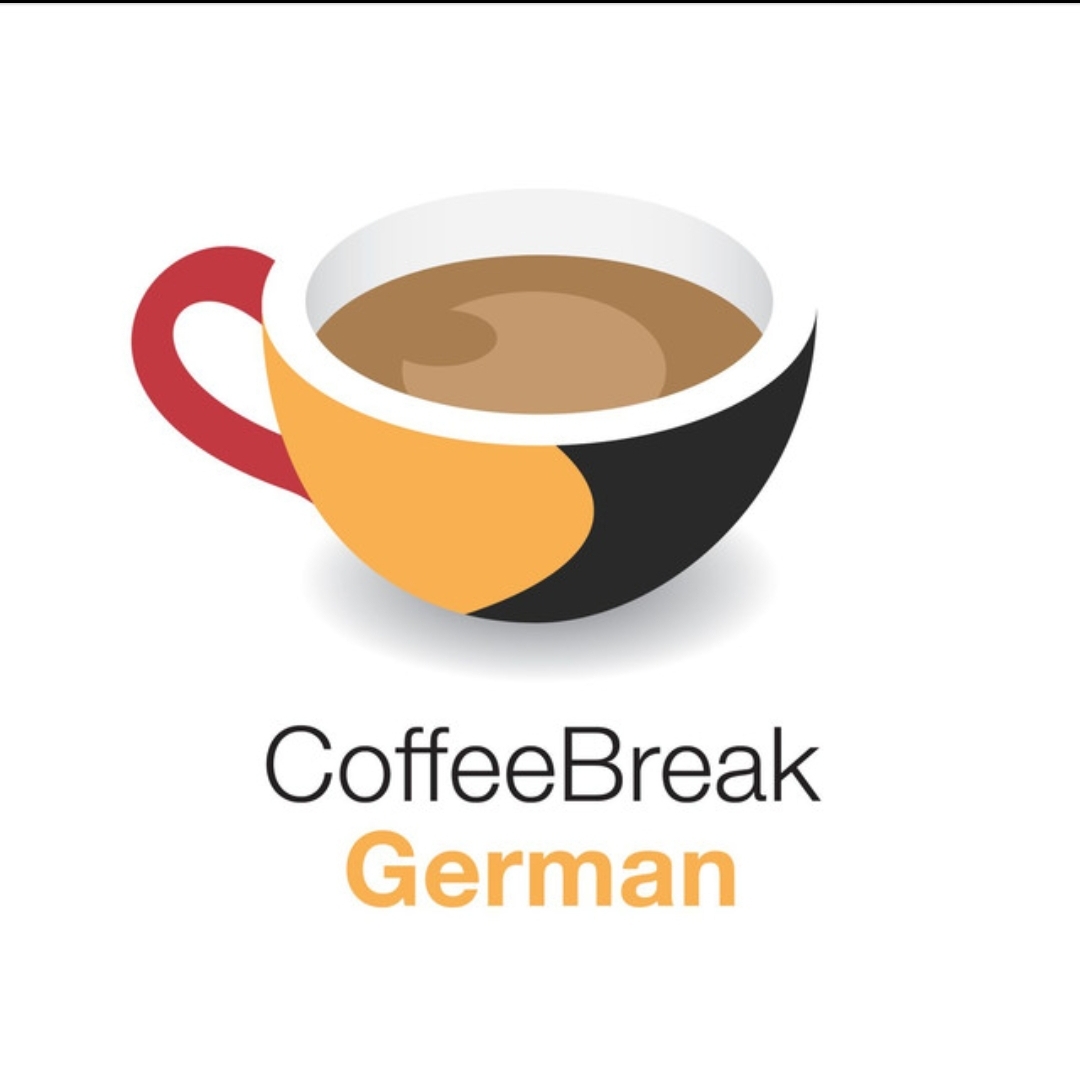
Deutsch Kurs:
I paid for a German language course to get me to A1 level. German language courses are conducted entirely in German, which helps my ears pick up certain German sayings/pronunciations of words. My current course is only 1×90 minute lesson a week, which has been great so far, but I really want to pick up the pace with my learning so once I have gained my A1 qualification, I am going to move to a different language school and take an intensive course which is 5×60 minute lessons per week for 4 weeks.
German People:
It’s a crazy idea, I know, but talking to actual real-life German people is the best tool for learning German! Our German friends all speak English, which is helpful as they can say something to us in German and then repeat the translation in English. What is also super helpful is that Germans do genuinely appreciate that you are trying to learn the language and will help in any way they can. A lady I met while working spoke Bavarian German which is a whole different level of German! But for me, she slowed right down and spoke standard German to make it easier for me to understand. She could have not bothered with me at all, but she wanted to help me and I really appreciated that. Talking to the neighbours, the cashiers in shops and waiters in bars/restaurants are all part of the learning experience. I am very shy when it comes to speaking German in public, but I am trying to do it a little bit every day.
There are a number of other tools I’ve used, but the 4 above have been the best for me so far. I would also like to give a special ‘shout-out’ to two extremely helpful books:
- Lonely Planet German Phrasebook & Dictionary
- PONS Schülerwörterbuch Englisch – an English/Deutsch and Deutsch/Englisch dictionary and word book.
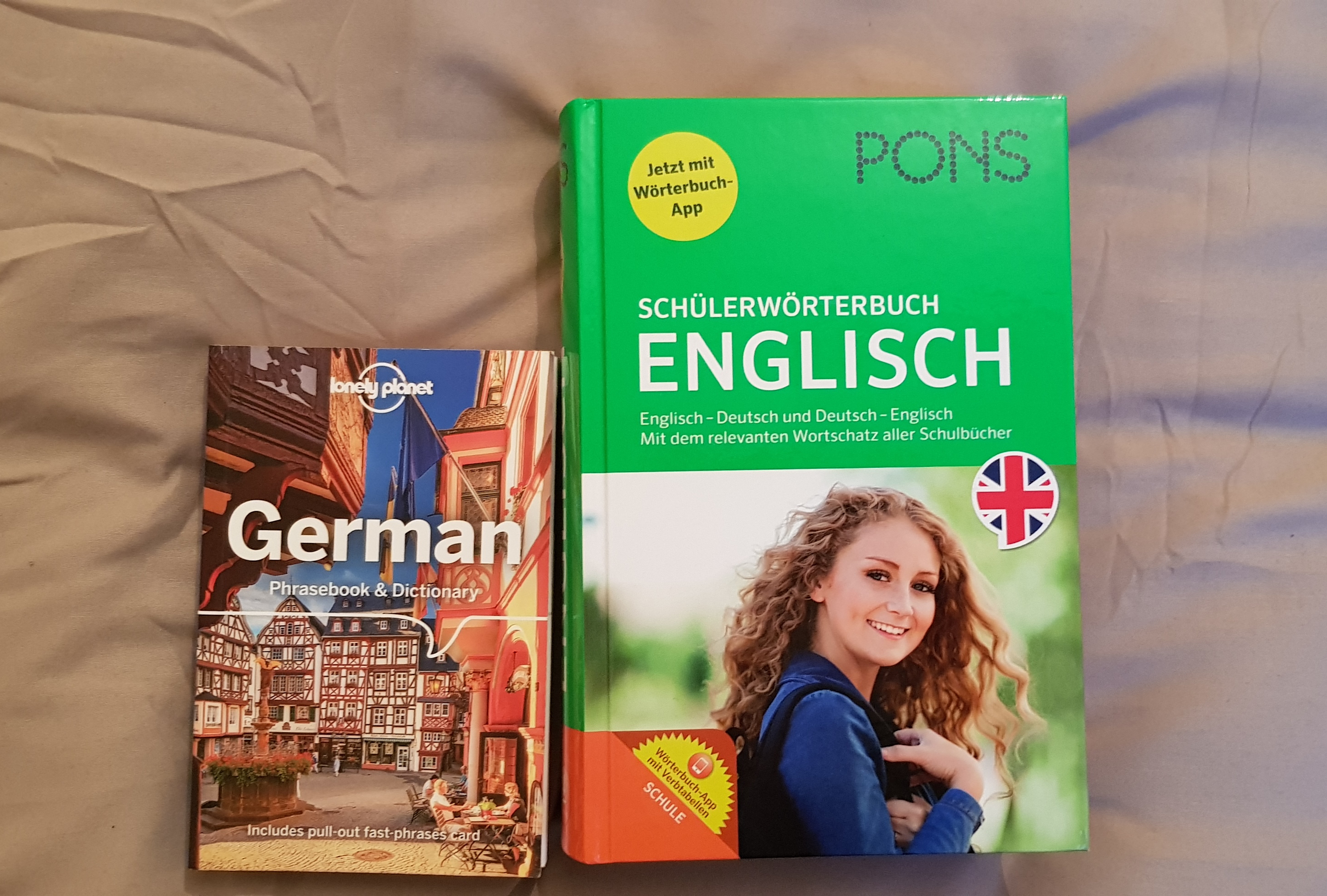
These books are great for simple phrases when you first arrive, or for looking up more complicated words as you delve further into the German language.

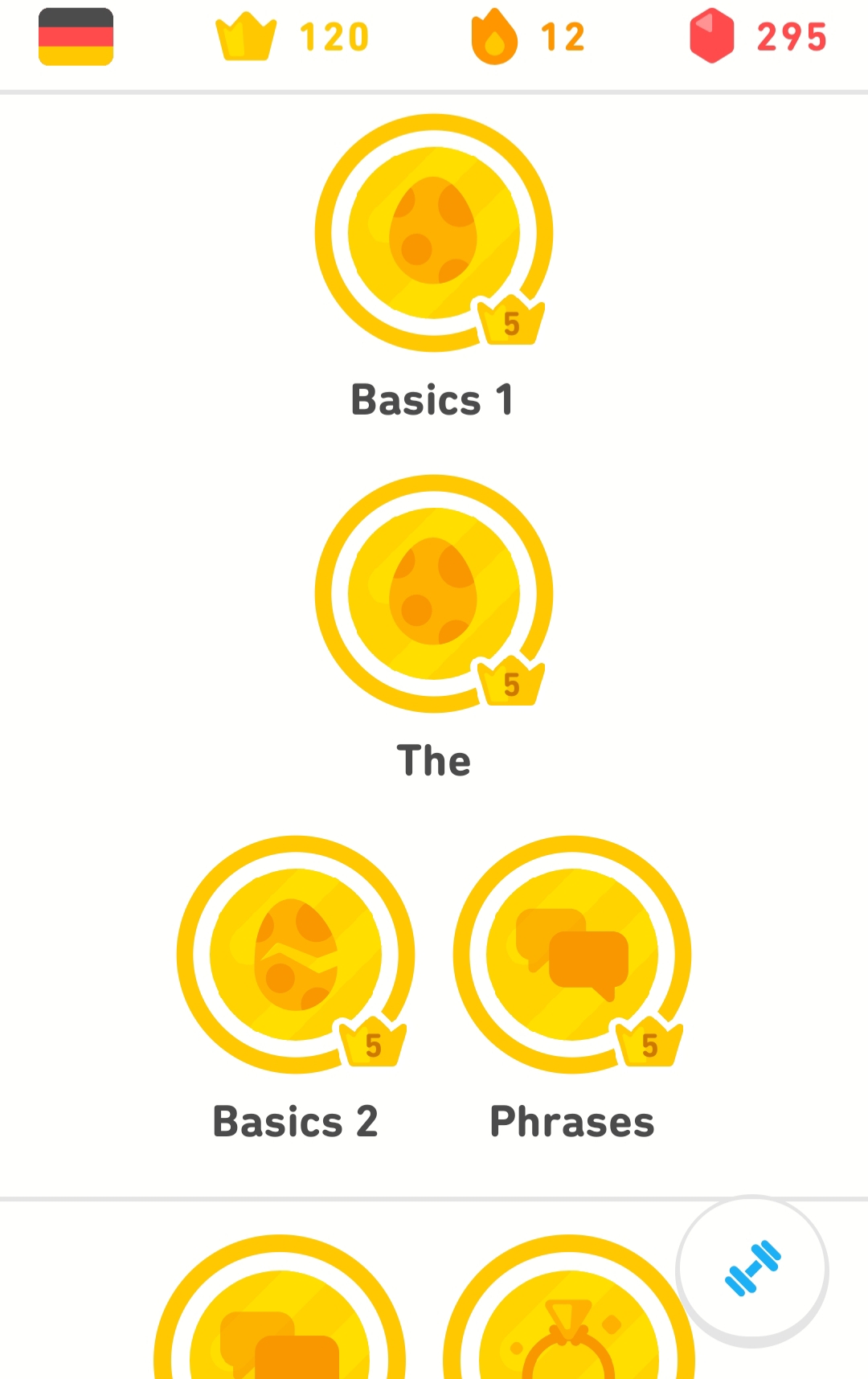
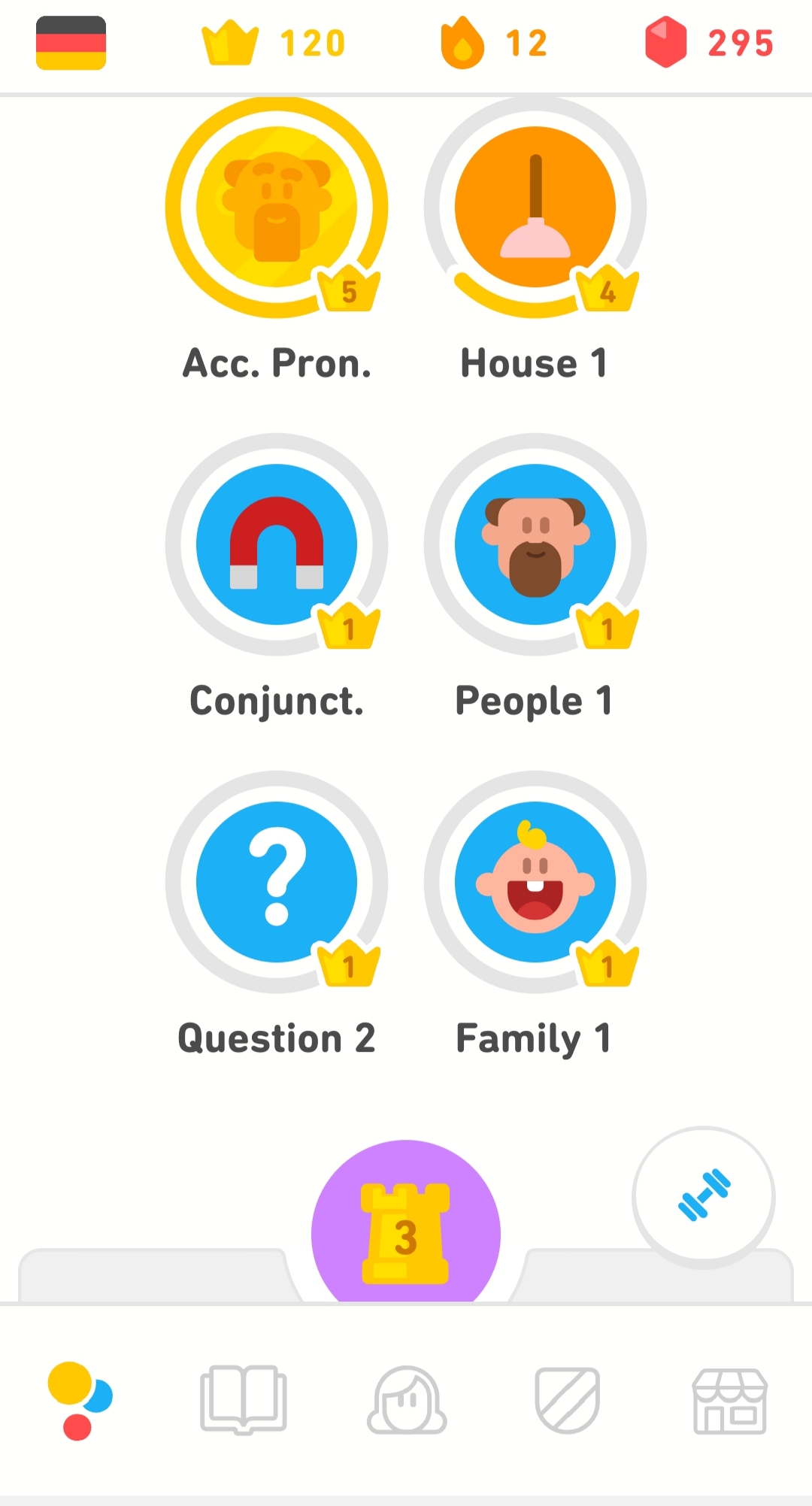


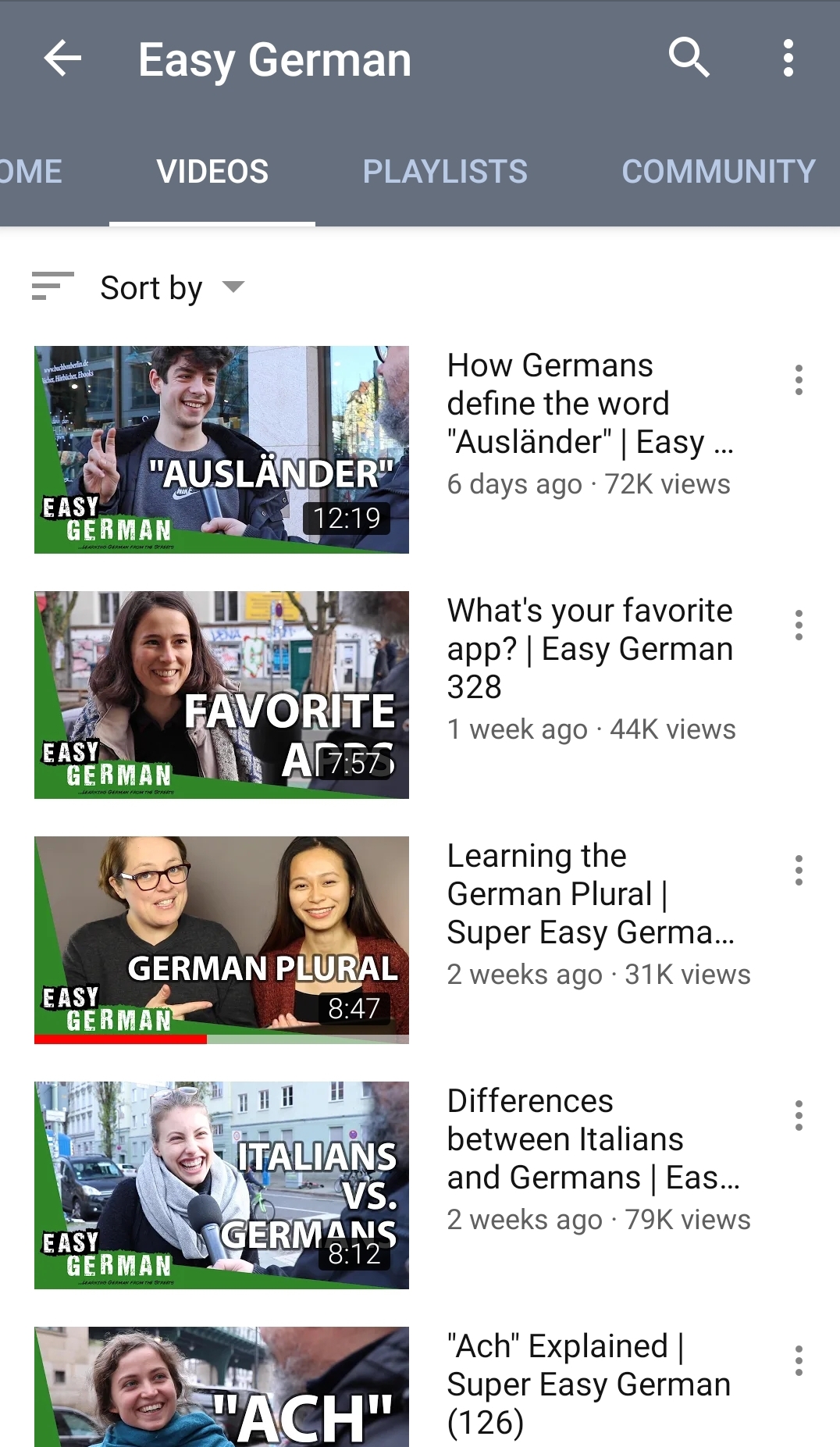
Great post 🙂
Thanks! You have a great blog, it puts my tiny travel adventures to shame! 🙈
Cool post. I have been looking to learn German for some time now, so I will try out some of your suggestions
Another great Blog Steph ❤
Proud of you ❤️